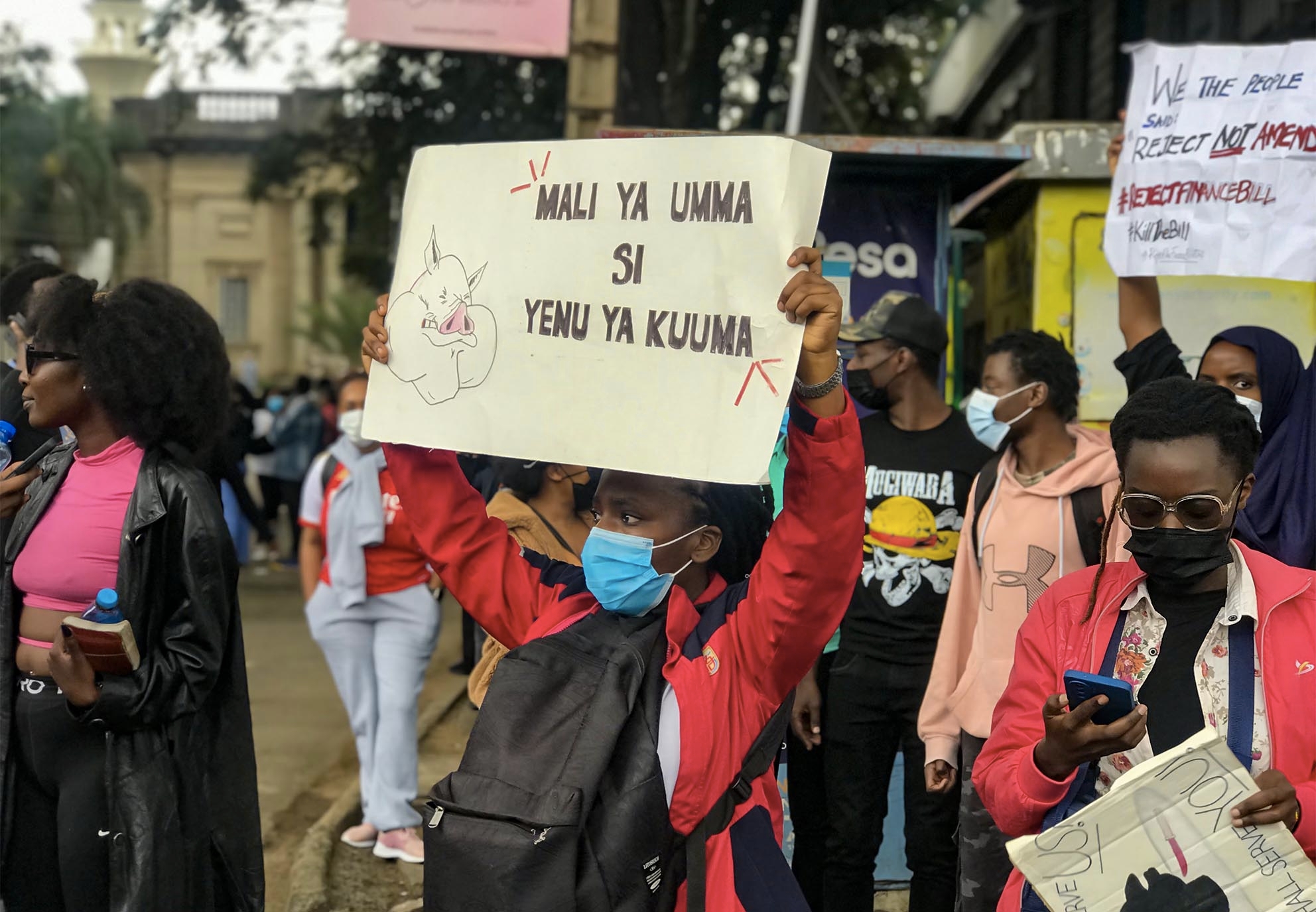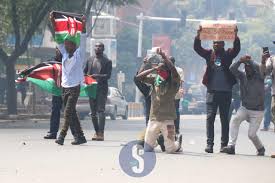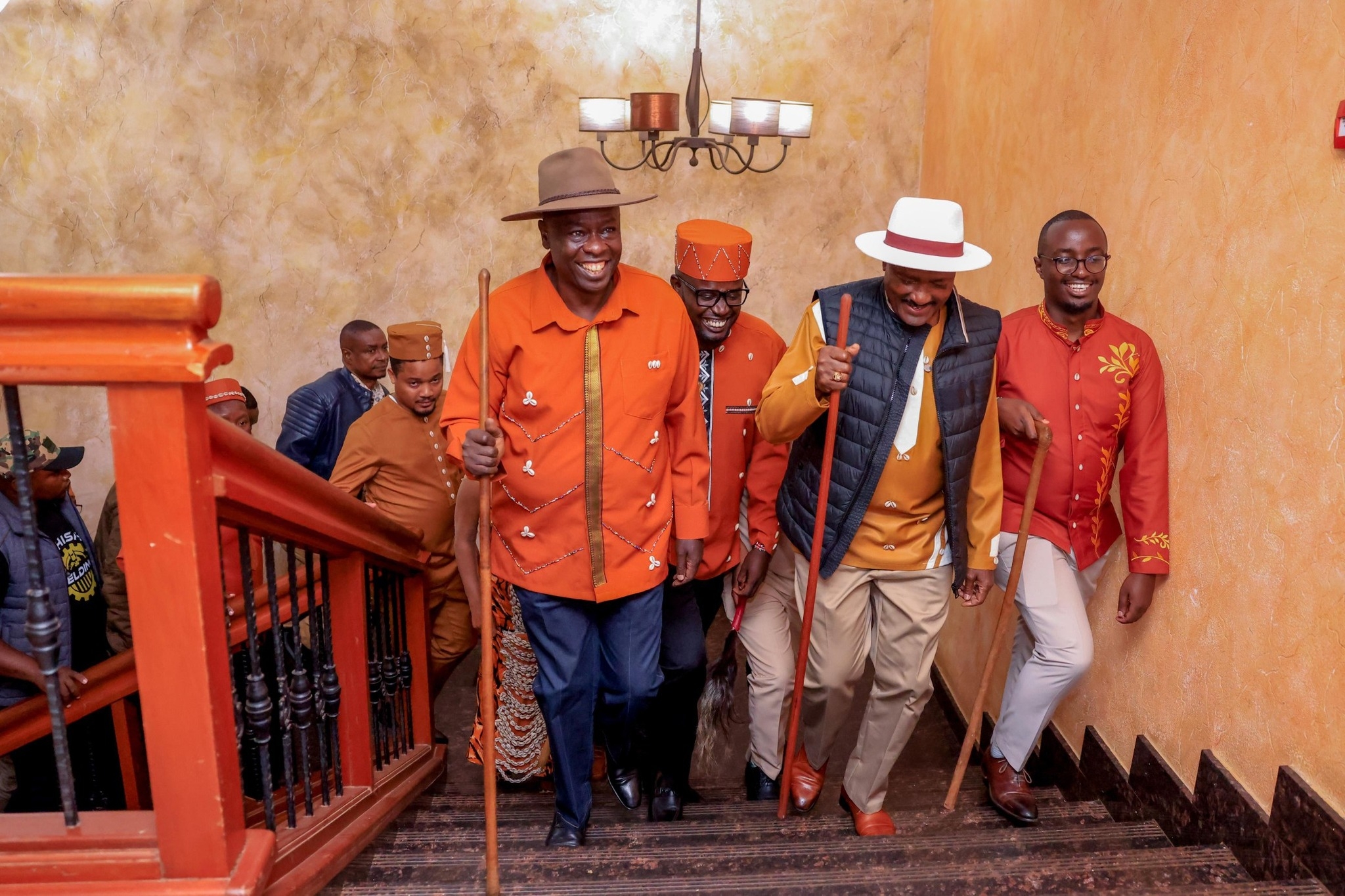

The Kenya Human Rights Commission has asked the African Union to press President William Ruto’s government to activate a standing invitation to UN Special Rapporteurs to investigate alleged extrajudicial killings and disappearances linked to Gen Z protests.
The lobby told the African Commission on Human and People’s Rights (ACHPR) that Nairobi has “consistently stood in the way of the UN watchdog despite repeated requests to probe the police deaths during and after the 2024 and 2025 protests”.
KHRC made the statement in its address to the commission during its 85th ordinary session in Banjul, The Gambia.
“We address this commission at a moment of a disturbing constitutional and human rights crisis in Kenya,” KHRC said
“Three years into President Ruto’s regime, the country is witnessing systematic state violence, institutional capture, and contempt for the rule of law,” it said.
The statement detailed the erosion of democratic institutions and the rise of police brutality, but KHRC focused on newer and deeper patterns of abuse—including corporate complicity, shrinking civic space, and economic corruption.
“We are deeply concerned by credible reports implicating telcos systematic breaches of customers’ data privacy and complicity in grave human rights violations,” the commission said.
“Investigations
have revealed that the telcos grants security agencies unfettered access to
sensitive customer data, enabling state surveillance and facilitating enforced
disappearances, renditions and extrajudicial killings in Kenya,” it said.
“Such actions have life-and-death consequences.”
KHRC also told the commission that Kenya’s civic space was closing at an alarming pace.
“CIVICUS Monitor now ranks Kenya as ‘repressed’. Journalists, human rights defenders and content creators face arbitrary arrests, abductions and killings,” the statement reads.
CIVICUS Monitor is a global alliance of civil society organisations and activists working to strengthen citizen action and civil society throughout the world.
“Some of the most recent alarming cases include those of Martin Mavenjina, Bob Njagi and Nicholas Oyoo. Mavenjina, a staff member of KHRC, was illegally and extraordinarily renditioned to Uganda in June this year for his role in holding the Kenyan regime accountable. To date, Mavenjina remains trapped in Uganda.”
The commission alleged that civic persecution has extended beyond borders.
“Still, this year, Ugandan state agents abducted Njagi and Oyoo for standing in solidarity with Bobi Wine. Their whereabouts remain unknown,” the lobby told the AU agency.
KHRC warned that the authoritarian drift was being “compounded by deep corruption and economic mismanagement.”
“Billions have been lost through procurement scandals in health, agriculture, housing and infrastructure, while ordinary Kenyans face worsening poverty, mass evictions and crumbling essential services,” it said.
“several multinational corporations have been implicated in serious human rights violations, including assault, killings and rape, despite Kenya being the first country to adopt a National Action Plan on Business and Human Rights.”
Communities, it said, continue to be denied their fair share of natural resource revenues, with royalties owed under the Mining Act of 2016 still unpaid eight years after its enactment.
The commission heard that provisions for free, prior and informed consent and equitable benefit-sharing remain largely unimplemented.
KHRC’s statement further accused the government of failing to protect women and minority groups.
The lobby urged the African Commission to hold the Kenyan state and its corporate enablers accountable, warning that “power and technology are being weaponised against citizens.”
“The regime must immediately cease its assault on civic space, including arrests, disappearances, and censorship, and ensure that perpetrators of state violence are held accountable, regardless of rank,” KHRC said.
It also called for Parliament to reclaim its independence, for the Director of Public Prosecutions to end political persecution, and for telcos to face accountability for alleged rights violations.
“The regime must extend standing invitations to Special Rapporteurs and working groups and fully cooperate with their requests for country visits,” KHRC said.












